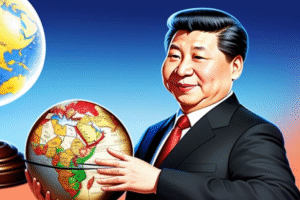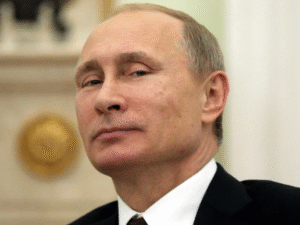$RTSI $USDRUB $BTC
#Russia #Ukraine #Geopolitics #Putin #Trump #Ceasefire #War #Markets #Investing #Crypto #Oil #Sanctions
U.S. President Donald Trump and Russian President Vladimir Putin are scheduled to hold a critical discussion on a proposed 30-day ceasefire in Ukraine. The ceasefire deal, if approved, could serve as a temporary pause in the ongoing war, allowing for diplomatic engagement and humanitarian relief. However, investors and market analysts are closely watching whether any agreement leads to long-term stability or simply acts as a short-term geopolitical maneuver. Russian indexes like the RTSI, along with U.S. defense stocks and energy markets, could react sharply to any significant developments arising from the negotiations. The ruble-dollar exchange rate ($USDRUB) is also expected to experience volatility depending on the outcome of the discussions and potential economic responses from the West.
Markets have remained sensitive to news emerging from the Russia-Ukraine war, with global commodities—including oil and natural gas—largely influenced by geopolitical tensions. A successful ceasefire could momentarily ease supply chain disruptions while lowering immediate inflationary risks stemming from soaring energy prices, particularly in Europe. On the other hand, if discussions fail to yield a meaningful agreement, markets might see a resurgence of volatility, with heightened demand for safe-haven assets such as gold and Bitcoin ($BTC). Additionally, any indication that the ceasefire includes conditions unfavorable to Western nations could prompt a reassessment of existing sanctions, leading to further fluctuations in commodity and currency markets.
Investor sentiment has been largely shaped by the economic consequences of the war, with companies involved in defense manufacturing and cybersecurity continuing their upward trajectory amidst geopolitical risks. The ceasefire discussions could serve as a pivotal signal to investors, particularly regarding regional equities and asset allocations linked to emerging markets. A decrease in hostilities may result in capital rotating back into riskier assets, while an escalation could prompt another flight to safety. Notably, Russian equities remain under pressure due to prolonged sanctions, and any unexpected outcomes from the Trump-Putin call could either deepen or alleviate some of these market concerns.
Beyond financial markets, the broader geopolitical landscape remains uncertain, with both Russia and Western allies weighing their strategic options in navigating the crisis. While a ceasefire agreement may provide temporary relief, deeper negotiations on long-term conflict resolution, border security, and energy independence will likely continue to dominate discussions. Investors and policymakers will be paying close attention not just to the ceasefire itself but also to any subsequent policy shifts that could dictate global trade and diplomatic alignments in the months ahead.











Comments are closed.